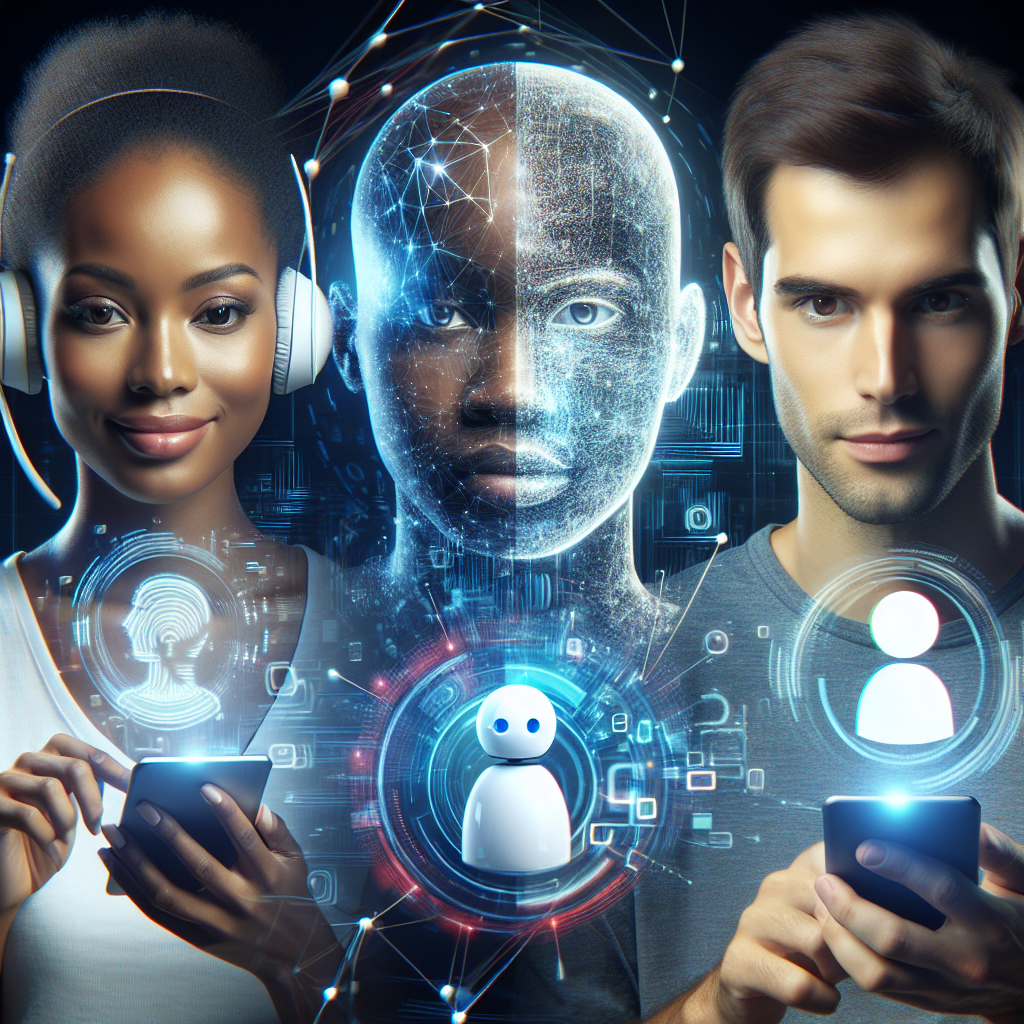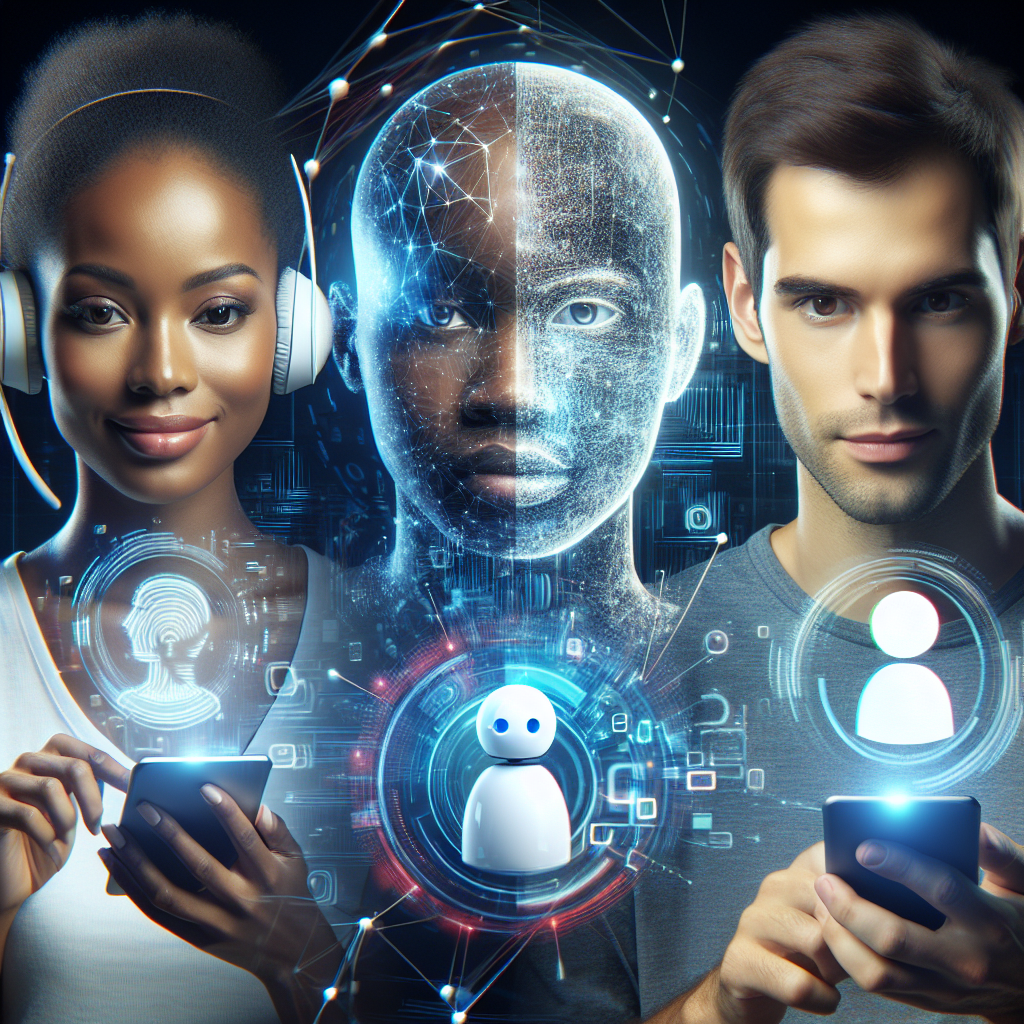You’re about to embark on an exciting journey into the future of earning money. In this article, we’ll explore how you can make a steady income using ChatGPT, a revolutionary AI chatbot. With ChatGPT, you have the opportunity to capitalize on your natural conversational skills and turn them into a profitable venture. Get ready to discover the limitless possibilities of making money while engaging in meaningful conversations, all from the comfort of your own home. It’s time to unlock the potential of ChatGPT and revolutionize the way you earn a living.

The Potential of ChatGPT
ChatGPT, an advanced language model powered by OpenAI, has emerged as a groundbreaking technology with tremendous potential. It leverages the power of conversational AI to enable human-like interactions, opening up a world of possibilities in various domains. This article will explore the potential of ChatGPT, discuss its applications in the workforce, and highlight the opportunities and challenges it presents. Whether you are an individual seeking new earning opportunities or a business looking to harness the benefits of ChatGPT, this article will provide valuable insights into building a career with this technology.
Understanding ChatGPT
ChatGPT represents a significant advancement in natural language processing and generation. Built upon the success of its predecessor, GPT-3, ChatGPT takes conversational AI to a new level. Its ability to understand and respond to human-like conversations makes it a powerful tool for tasks ranging from virtual assistance to customer support and content creation. The model has been trained on a vast amount of data, enabling it to generate high-quality responses that are coherent and contextually relevant.
The Power of Conversational AI
Conversational AI, powered by models like ChatGPT, has revolutionized the way humans interact with machines. This technology has immense potential in various industries, offering a range of benefits. With ChatGPT, businesses can enhance their customer experience by providing real-time, personalized support and assistance. Additionally, the ability to have natural conversations with AI systems opens up new possibilities in content creation, improving efficiency and productivity.
Applications in the Workforce
The integration of ChatGPT into the workforce holds great promise for both individuals and businesses. This technology can be utilized in several ways to streamline operations, improve customer service, and generate new earning opportunities.
ChatGPT as a Virtual Assistant
One of the primary applications of ChatGPT is as a virtual assistant. Its natural language understanding and generation capabilities allow it to perform tasks traditionally done by human assistants. From managing emails, scheduling appointments, and organizing tasks, ChatGPT can handle routine administrative work, freeing up valuable time for professionals to focus on more complex and strategic activities.
ChatGPT for Customer Support
Another area where ChatGPT excels is in customer support. With its ability to understand and respond to customer queries in a human-like manner, ChatGPT can provide timely assistance and resolve issues efficiently. This can lead to improved customer satisfaction and reduced support costs for businesses.
ChatGPT in Content Creation
Content creation is another domain where ChatGPT can be leveraged effectively. From generating blog posts, social media content, and product descriptions to providing creative ideas and inspiration, ChatGPT can enhance the efficiency and quality of content creation processes. It can assist content creators by generating drafts, suggesting revisions, and providing relevant information, thereby augmenting human creativity and productivity.
Challenges and Limitations
While the potential of ChatGPT is immense, it is important to acknowledge the challenges and limitations associated with this technology. Understanding these limitations is crucial for its responsible and ethical use.
The Limitations of ChatGPT
Despite its impressive capabilities, ChatGPT may sometimes produce responses that are incorrect, nonsensical, or biased. It can struggle with context and may deliver plausible-sounding but inaccurate information. This can be problematic in situations where accuracy and reliability are paramount.
Potential Bias and Ethical Concerns
As with any AI-powered system, ChatGPT is prone to bias, as it learns from existing data that may contain inherent biases. It is important to be cautious of potential biases in the responses generated by ChatGPT, especially in sensitive or controversial topics. Efforts must be made to ensure fairness, inclusivity, and transparency in the system’s training data and usage.
Safety and Security Risks
The power of ChatGPT also presents safety and security risks. For instance, malicious actors could exploit the system to generate harmful and misleading content. Similarly, there is a risk of users inadvertently sharing sensitive information with the AI system. Safeguards must be implemented to mitigate these risks and protect both users and the integrity of the system.
Building a Career with ChatGPT
The widespread adoption of ChatGPT opens up exciting opportunities for individuals to build careers in this field. Whether you prefer working as a freelancer, exploring startup opportunities, or even starting your own ChatGPT-based business, there is ample room for growth and success.
Freelancing and Gig Economy
ChatGPT can be leveraged as a freelancer to offer virtual assistance, content creation, or customer support services. Many individuals and businesses are in need of AI-powered support and expertise, making freelancing a viable option for earning income. Platforms that connect freelancers with clients can help individuals showcase their ChatGPT skills and secure projects.
Startup Opportunities
Startups have the potential to disrupt industries and leverage emerging technologies to create innovative solutions. With ChatGPT, startups can develop unique products and services that harness the power of conversational AI. By focusing on niche markets or specific industries, startups can carve a space for themselves and tap into unexplored earning opportunities.
Building Your Own ChatGPT-based Business
For those with entrepreneurial aspirations, building a business centered around ChatGPT can be an exciting venture. This could involve developing customized ChatGPT solutions for specific industries, offering consultancy services on incorporating AI into existing workflows, or creating platforms to connect individuals and businesses with AI-powered virtual assistants. The potential for growth and profitability in the ChatGPT ecosystem is vast, provided ethical considerations and user needs are prioritized.
Harnessing the Potential of ChatGPT
To fully harness the potential of ChatGPT, it is essential to acquire the necessary skills, focus on continuous improvement, and foster collaboration between AI systems and human experts.
Acquiring Skills for ChatGPT
Developing proficiency in ChatGPT requires a strong foundation in natural language processing, machine learning, and programming. Additionally, understanding the ethical implications and being well-versed in responsible AI practices is crucial. Online courses, tutorials, and hands-on projects can help individuals acquire the necessary skills and knowledge to excel in this field.
Training and Improving ChatGPT
As an open-source project, ChatGPT benefits from community contributions in training and improving the system. Joining the ChatGPT community can provide opportunities to collaborate with like-minded individuals, share knowledge, and collectively enhance the capabilities of the technology. By contributing to the development of ChatGPT through research and experimentation, individuals can contribute to its evolution and make a lasting impact.
Collaboration with Human Experts
While ChatGPT showcases impressive conversational abilities, it is important to recognize the value of human expertise. Humans possess knowledge, experience, and intuition that AI systems lack. By fostering collaboration between AI systems like ChatGPT and human experts, organizations can leverage the best of both worlds, combining the power of AI with human creativity and critical thinking. This collaboration can lead to enhanced productivity, improved decision making, and innovative problem-solving.
The Future of Work
The integration of ChatGPT and similar technologies into the workforce has significant implications for the future of work. It brings both automation and augmentation, transforming the nature of jobs and creating new opportunities.
Automation and Augmentation
ChatGPT automates tasks that were traditionally performed by humans, such as administrative duties and customer support. This automation allows individuals to focus on higher-level activities that require creativity, problem-solving, and emotional intelligence. At the same time, ChatGPT augments human capabilities by providing real-time assistance, generating ideas, and enhancing productivity.
Impact on Job Market
The adoption of ChatGPT may lead to job displacement in certain roles that can be fully automated. However, it also creates new job prospects in the AI industry, such as AI trainers, ethical AI consultants, and AI system auditors. Additionally, the integration of ChatGPT can lead to job transformation, where individuals’ roles evolve to incorporate the collaboration and management of AI systems.
Upskilling for Adaptation
As the AI landscape evolves, upskilling and continuous learning become essential for individuals to adapt to changing job requirements. Acquiring new skills, such as data analysis, ethical AI practices, and creative problem-solving, can help individuals thrive in the world of ChatGPT and AI technologies. Governments, educational institutions, and employers play a crucial role in providing accessible reskilling and upskilling opportunities to support individuals during this transition.
The Social and Economic Impact
The widespread adoption of ChatGPT and its integration into various industries have profound social and economic implications that must be addressed.
Effects on Employment and Income
While the introduction of AI technologies like ChatGPT may result in job displacement, there is also potential for job creation and increased productivity. As businesses optimize their operations with the help of ChatGPT, they can expand their offerings, reach new markets, and generate additional revenue. This growth can lead to employment opportunities in AI-related roles and stimulate economic development.
Income Inequality and Distribution
As AI technologies become more prevalent, there is a need to address income inequality and ensure fair distribution of benefits. Governments and policymakers must implement measures to ensure that the gains from AI are shared equitably. This may involve taxation policies, social safety nets, and educational initiatives to bridge the digital divide and promote inclusivity.
Socioeconomic Implications
The integration of ChatGPT into society raises important socioeconomic questions. It is crucial to consider how this technology impacts individuals with limited access to resources, perpetuates existing biases, and affects societal norms. Ensuring equal opportunity, reducing biases, and promoting ethical AI practices are integral to a fair and inclusive future enabled by ChatGPT.
Regulating AI Workforce
The rapid advancement of AI technologies calls for appropriate legal and regulatory frameworks to ensure the responsible and ethical use of ChatGPT.
Legal and Regulatory Framework
Governments and regulatory bodies must establish comprehensive frameworks that address the use, development, and deployment of AI technologies like ChatGPT. These frameworks should encompass aspects such as privacy, data protection, accountability, and safety. Collaboration between policymakers, AI experts, and industry stakeholders is crucial in shaping effective regulations that balance innovation with ethical considerations.
Ensuring Fairness and Accountability
To mitigate bias and ensure fairness, it is essential to hold AI systems accountable. Developers and organizations must adopt practices that promote transparency, explainability, and auditing of AI algorithms. Additionally, mechanisms for reporting and addressing potential biases must be put in place to ensure the responsible use of ChatGPT and prevent any harm resulting from its deployment.
Protecting Workers and Users
The integration of ChatGPT into the workforce must prioritize the protection of workers’ rights and user privacy. Clear guidelines and standards should be established to safeguard workers from exploitation and ensure fair compensation. Similarly, user data and privacy must be protected, and appropriate consent mechanisms should be implemented to promote trust and accountability.
Conclusion
ChatGPT, with its remarkable conversational abilities, offers immense potential in various domains, from virtual assistance to customer support and content creation. It presents numerous opportunities for individuals seeking new earning prospects and businesses looking to enhance their operations. However, it is crucial to recognize and address the challenges and limitations associated with this technology, such as potential biases and safety risks. By acquiring the necessary skills, fostering collaboration, and paying attention to ethical considerations, individuals and organizations can harness the full potential of ChatGPT. The integration of ChatGPT into the workforce has implications for the future of work and the need for upskilling and adaptation. Governments, policymakers, and organizations must navigate the social and economic impact of ChatGPT while ensuring fairness, inclusivity, and accountability. By regulating the AI workforce, we can strike a balance between innovation and ethical practices, creating a future where AI technologies like ChatGPT contribute positively to society.

